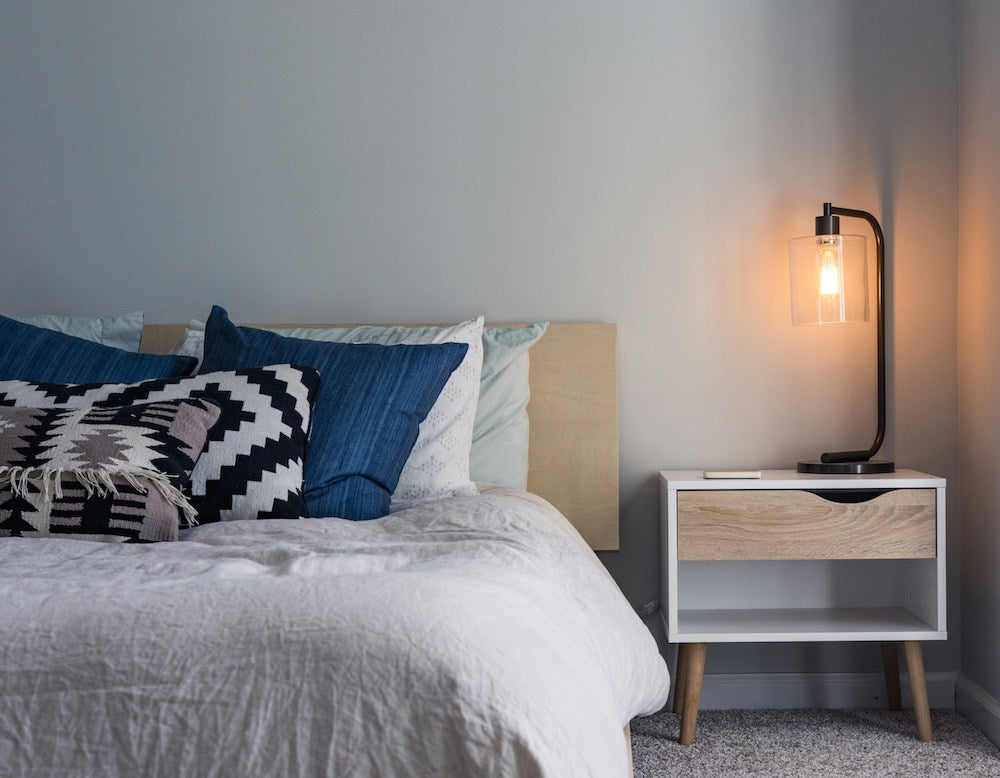
Like so many of you, we love our dry shampoo on the odd occasion – who has time to wash their hair every time it needs a refresh? It's an absolute staple for so many of us.
Unfortunately, in case you missed this news last week, a new report from an independent laboratory called Valisure has found high levels of benzene, a cancer-causing chemical, in many well known dry shampoo products available on the market.
The findings emerged from a series of laboratory tests conducted on a random sample of 148 spray-on products from 34 brands sold across the UK, and found that 70 percent (!!!) of dry shampoos sold contain detectable levels of the toxic chemical. The brands found to have dangerous levels of beneze include customer-favourites like Batiste, Sun Bum and Not Your Mother's - among others.
Some samples tested by Valisure showed more than 10 times the FDA drug limit and the results are not limited to dry shampoos – they also detected benzene in other commonly used products as well, including certain hand sanitizers and sunscreens. However, the benzene levels found in some of the dry shampoos are significantly higher than any personal-care products the lab has tested before, the study showed.
While this is obviously really concerning, even more concerning is the fact that you can’t actually spot benzene on an ingredients list because it is essentially a byproduct.
So, what can you do to avoid it? Here are some tips to make sure cancer-causing benzene isn’t in your product.
Check the ingredients list for the ingredients isobutane and propane – they are ‘propellants’ and they’re likely the problem. Butane and propane come from refining crude oil, and benzene is a known contaminant of these compounds. While the liquiified gasses should be purified before they go into personal care products, clearly they aren’t always. The presence of isobutane and propane on an ingredients list doesn’t guarantee the presence of benzene, but it seriously increases the chances of it – as shown by the study.
We know it’s frustrating, but the most important thing is to stay informed, leading to another (positive) byproduct - making better choices for your health.







